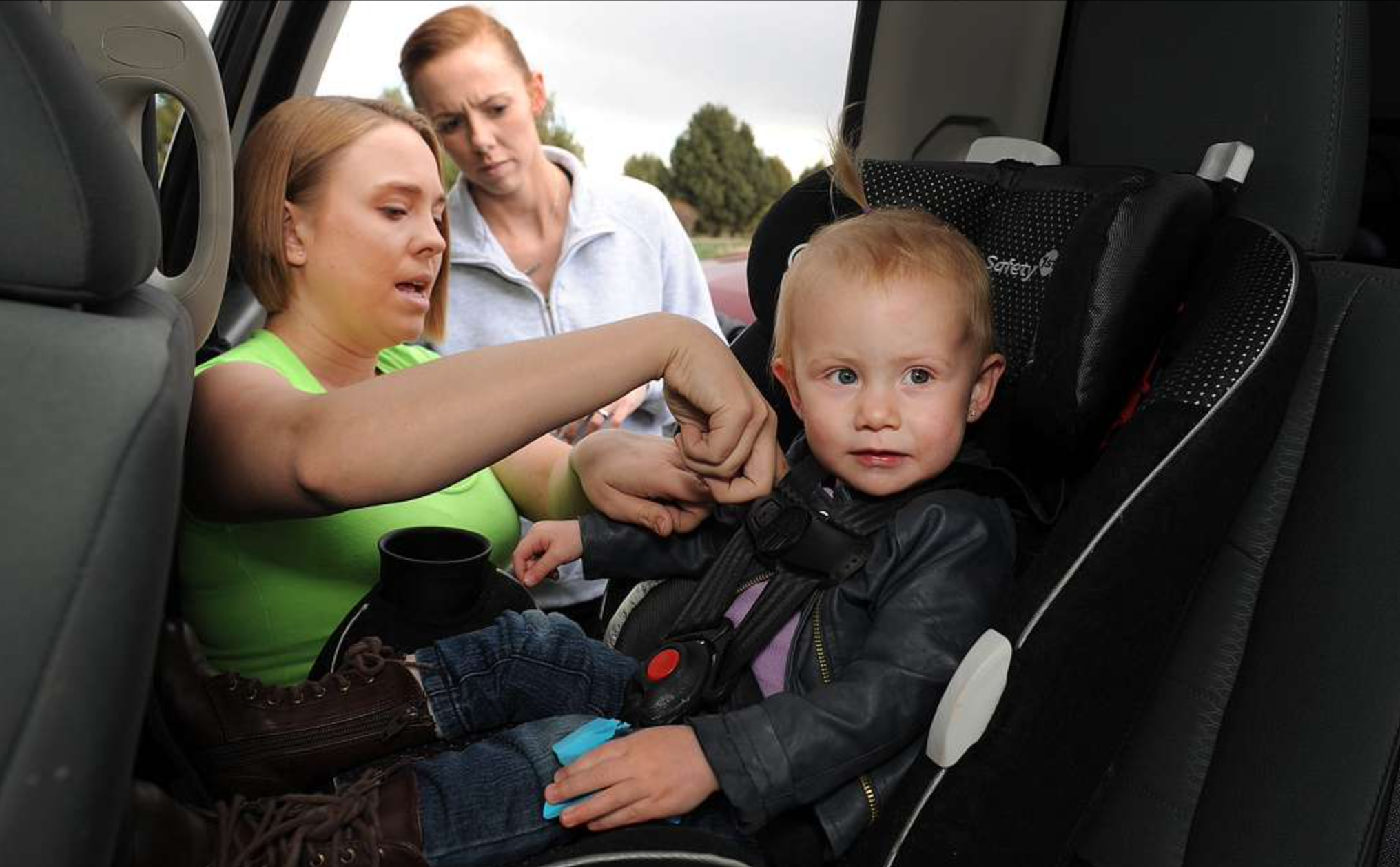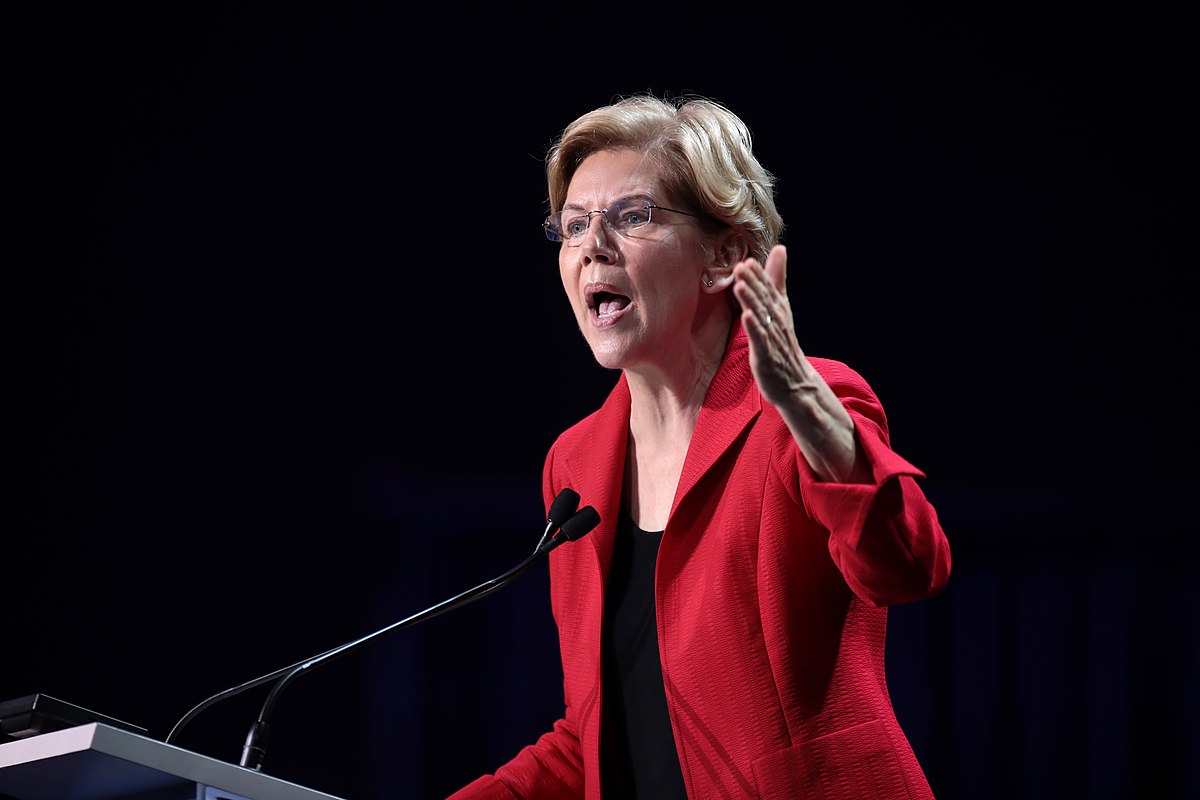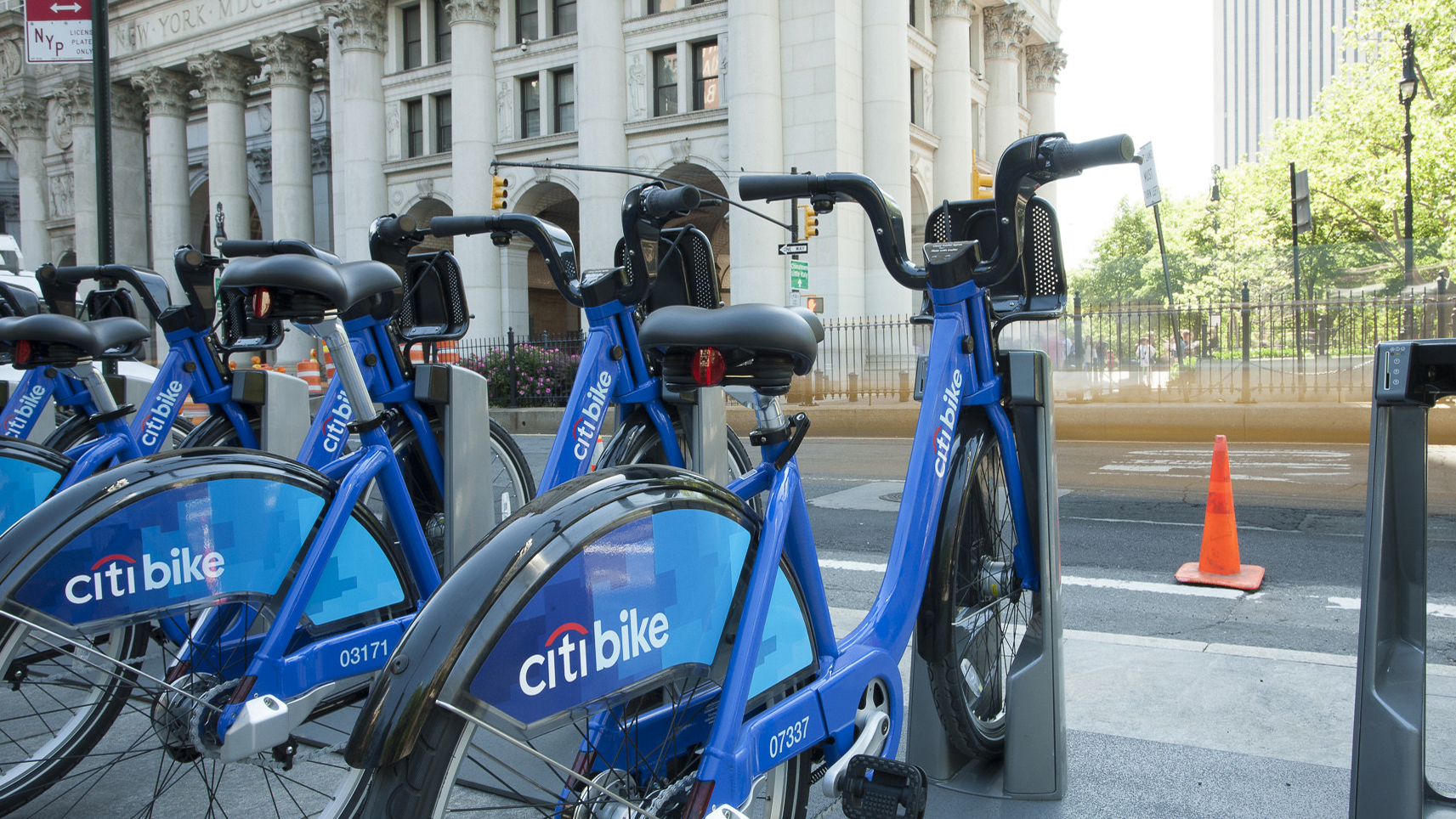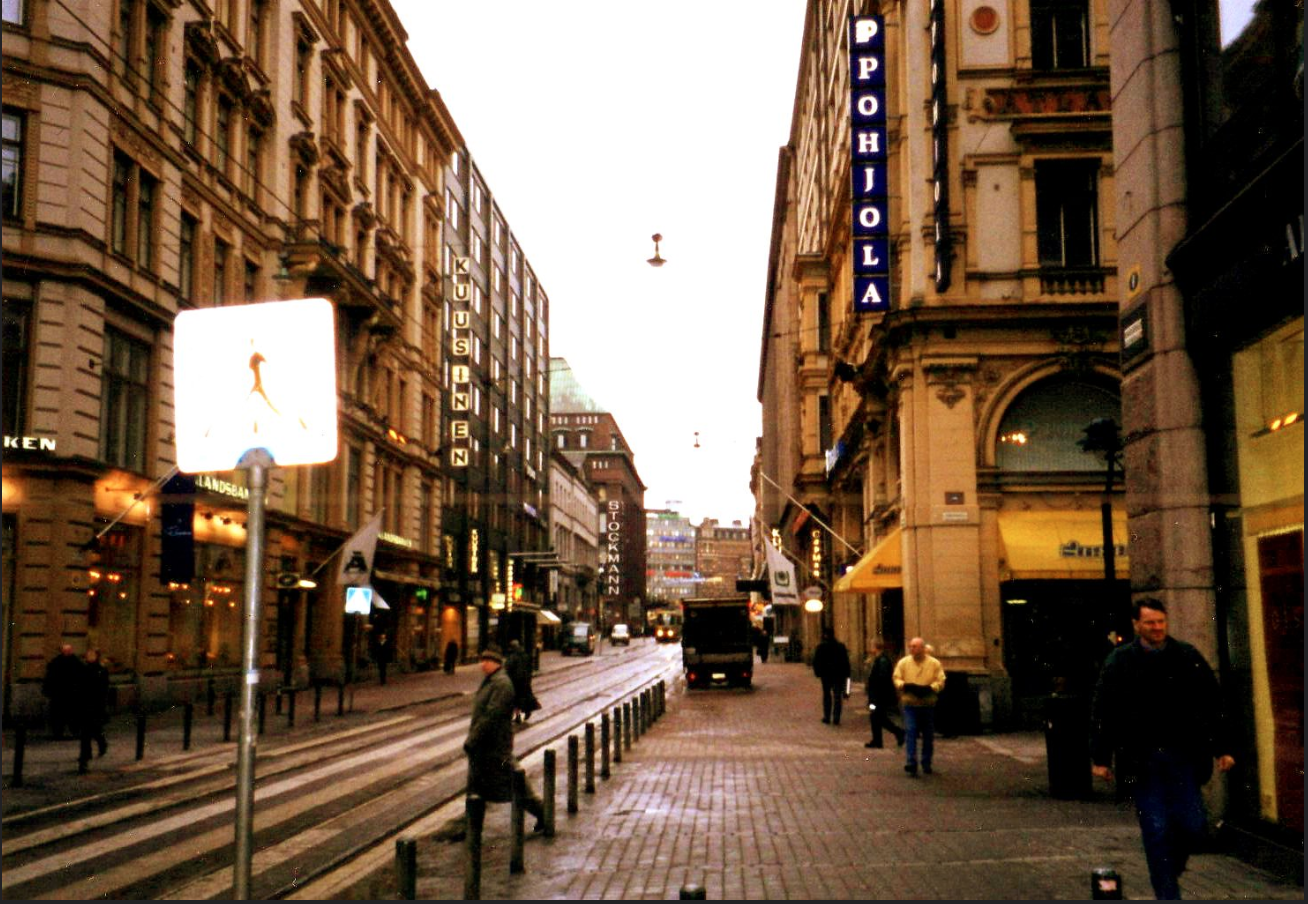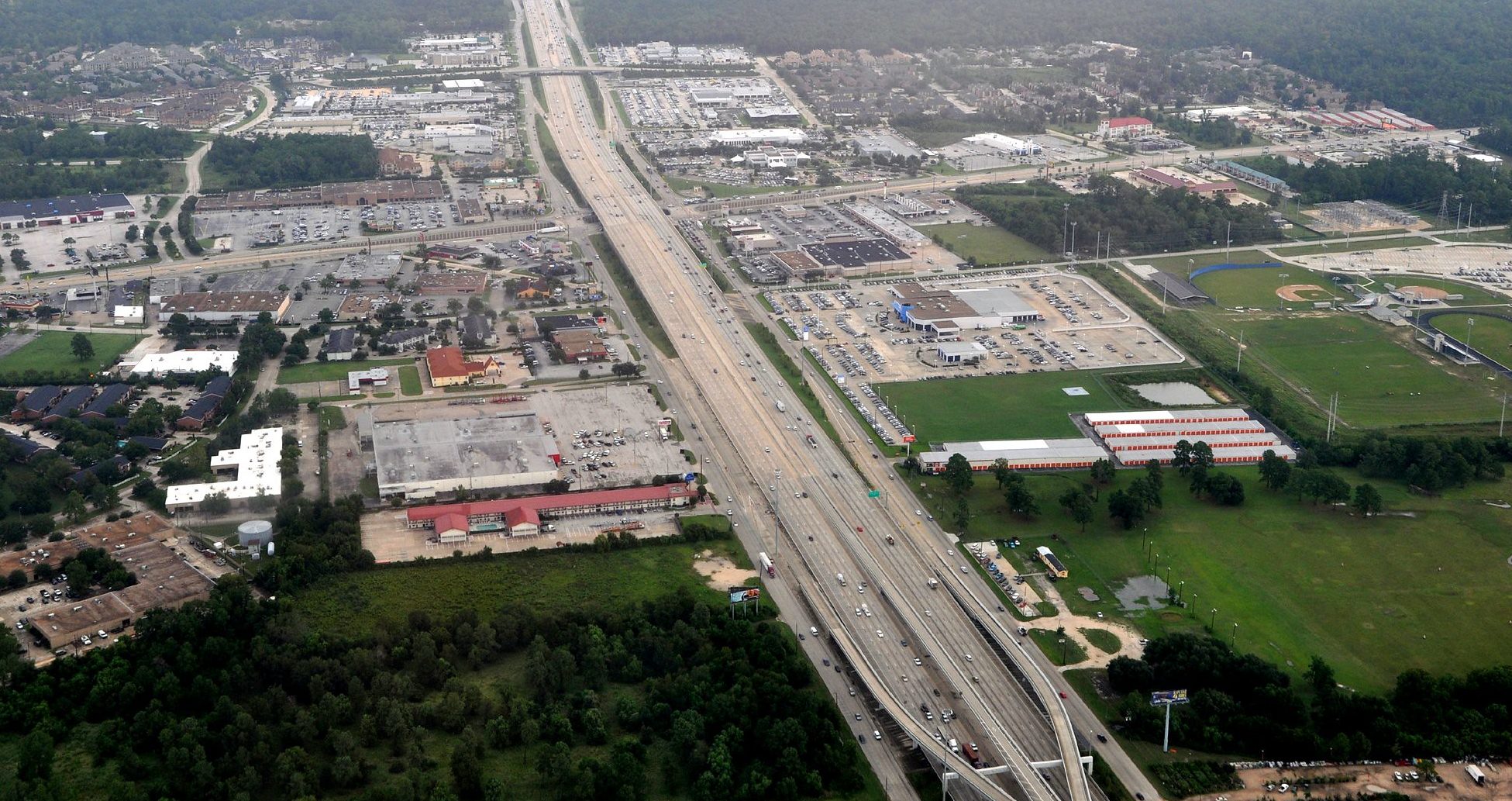Essay: Why Even The Most Progressive Cities Are Failing Their Car-Free Residents
12:01 AM EDT on May 18, 2023
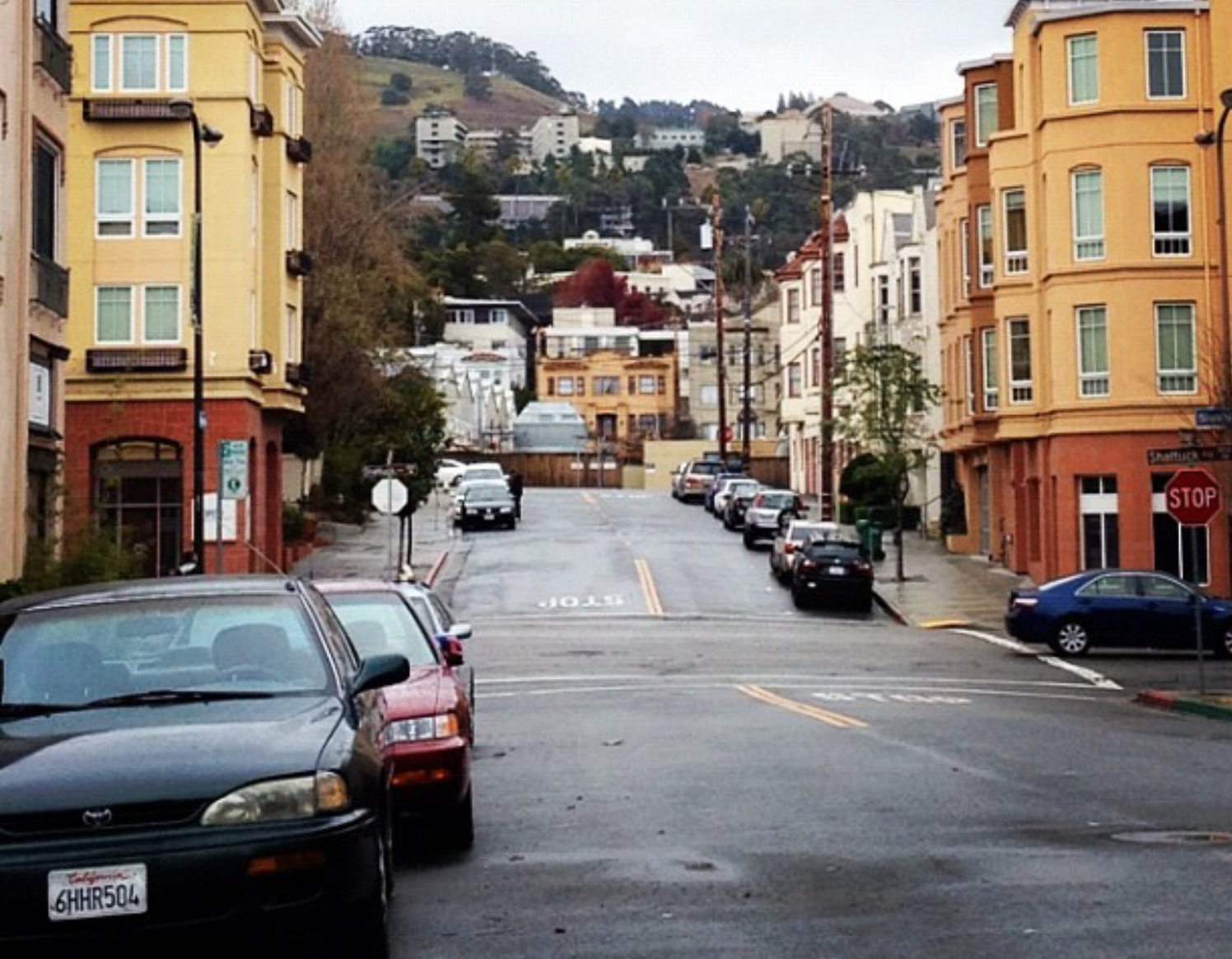
Photo: Tony Webster, CC
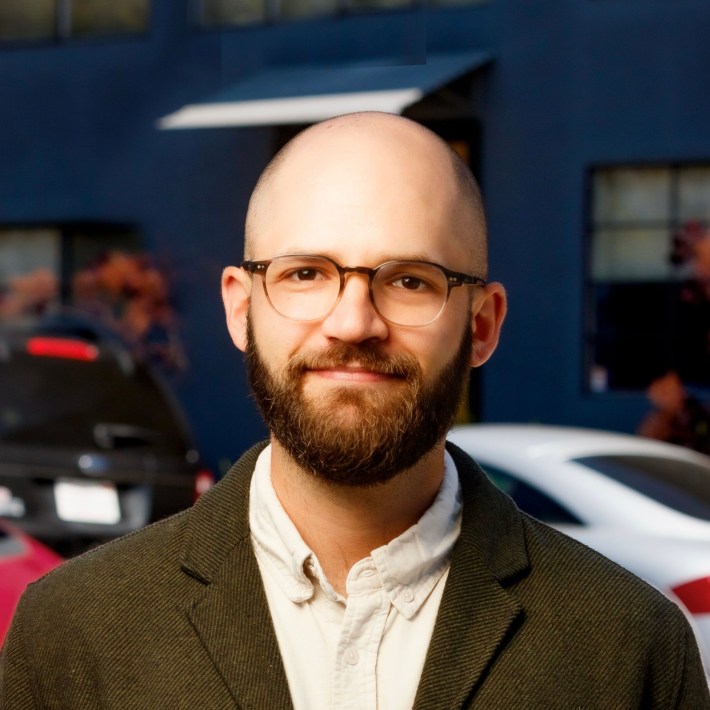
When I first came west for graduate school at UC Berkeley, I assumed that I would be moving to a pedestrian and bicyclist's paradise. Berkeley is, of course, a college town with reliably great weather almost year-round. And I believed what I had heard about the People's Republic of Berkeley: that it was one of the most progressive cities in the United States, and that its local government was especially committed to environmental sustainability.
It seemed reasonable to infer that this meant the city would be among the first in the United States to fully address its largest source of climate pollution: cars and trucks. And since Berkeley already was among the cities with the highest share of bicycle riders in the country, I assumed city leaders would be out in front, encouraging carbon-free transportation by making it as easy and safe to bike around as possible.
Six years later, I know better.
Despite its reputation, Berkeley is in many ways a deeply conservative — even reactionary — place. The city's forces of reaction made national news last year when some of them sued to cap enrollment at UC Berkeley. But to close observers of local politics, Berkeley's conservatism is, if anything, even more obvious when it comes to transportation policy. City officials talk a good game about climate change and traffic safety, and they've even put a decent protected bike lane close to campus. But in most of the city, they've spent the past few years consistently choosing speed and convenience for automobiles over safety for pedestrians and people on bikes.
It turns out that Berkeley residents walk and ride bicycles in spite of what the city does on transportation policy – not because of it.
For a case in point, see local intransigence in the face of the decades-long, student-led effort to ban cars from Telegraph Avenue, the main commercial strip near campus. Or the ignominious death of Berkeley's proposed bus rapid transit system. But the final straw for me came when, after several years of pitched battle, city officials killed a modest plan to improve biker safety on Hopkins Street. That is when it finally became obvious to me that the city was simply unwilling to get serious about ensuring that all residents could move about the city safely, whether they drive a car, or not.
Navigating Berkeley's streets on foot and by bike has been unpleasant enough as a single, childless adult. But now I'm in my mid-thirties, happily partnered, and planning to start a family. The notion of putting myself at risk while my partner is pregnant — and, worse, having to eventually worry about whether my kid is going to get killed by a reckless driver — is too much to stomach.
But we have no plans to buy a car, either. Neither of us particularly like driving, cars are expensive to maintain, and I have no desire to be my future child's chauffeur for the next sixteen years. Most important, we want to raise that child somewhere they can feel a bit of agency and independence in their lives even before they have a driver's license. Children and adolescents shouldn't be confined to their homes at all times until a parent consents to drive them somewhere.
So we're moving to nearby Emeryville, a small city known for its uncommon dedication to protecting bicyclists and pedestrians, even when doing so mildly inconveniences drivers. Emeryville still has a long way to go before it can compete with international bike and pedestrian meccas like Utrecht, but city officials have shown real political leadership in making it a priority. (For a case in point, see the city's stunning Doyle Street greenway.)
The move is happening for a few reasons — housing costs being another big one — but Berkeley's noncommittal response to traffic violence looms large. The city government's intransigence during the Hopkins Street fight helped convince us that the city has no interest in welcoming families like ours.
Unfortunately, Berkeley is far from unique in that regard. As traffic violence has climbed over the past few years, a number of ostensibly progressive, climate-friendly cities have demonstrated that they are uninterested in taking even modest steps to support non-drivers. Many of these cities — including Berkeley, San Francisco, and Denver — have "Vision Zero" commitments that appear to be little more than empty promises, given that traffic deaths in these cities continue to mount.
As those cities have shirked their responsibility to protect even non-driving residents, they've driven away (no pun intended) households like mine: young families that want to raise their children in a place where not every crosswalk is a gauntlet.
This is as big a problem on the East Coast as it is on the West. Until recently, Alaina Pitt and her husband lived in College Park, Maryland, a left-leaning college town in the D.C. metropolitan area. But after they traded in their car for a couple of e-bikes, they began to experience College Park as a much more hostile place.
PGC could have a bright future, but its continued preference for car-dependent sprawl & inability to do what is necessary to make our streets safe will continue to hinder its progress. 2/4
— Alaina Pitt (@alaina_pitt) February 28, 2023
"I felt my world shrink immensely, given where we were living," Pitt, 32, told me in an interview. Their neighborhood was cut off from downtown by a county road they found dangerous to cross by bicycle; Pitt watched her husband nearly get hit a couple of times. She started to get involved in local advocacy for safer streets, but soon ran into a major obstacle: while College Park's local government was receptive, most of the transportation infrastructure in the area is controlled by Prince George's County.
And the county has done little to improve traffic safety, especially compared to the rest of the metro area. For years, in fact, Prince George's County has led the metropolitan area in traffic deaths by a startling margin. "They have urban street design standards that they created and passed, and they're not following them," said Pitt. "It just feels like you're screaming in the void at a certain point and not taken seriously."
Eventually, enough was enough for Pitt and her husband — especially as they, too, prepared to start a family. They moved back to Washington, D.C., where they had originally resided up until the pandemic. And Pitt found her world opening up again.
"Now I live on the Metropolitan Bridge Trail, and I can't wait to get on my bike and go," she said. "We know what we want, and D.C. can provide that to us."
Pitt's story has a happy ending, as does my own: We moved. But the prospects don't look great for the places we're leaving behind — places that have simply resigned themselves to unconscionably high rates of traffic violence, at the expense of both their residents' health and their quality of life.
That’s because unaddressed traffic violence isn’t just harmful to its victims. It also discourages families – like mine – from moving to, or remaining in, cities that continue to fail to address it. As a growing cohort of young families across the United States seek out communities where we can safely walk and ride bicycles, cities that tolerate high rates of traffic violence may find they’ve prioritized fast cars over places where parents would even think about raising children.
Safe streets are, unequivocally, critical family-friendly policy. Progressive cities should be rushing to lead on this issue — and while Berkeley has so far failed to live up to its values, I hope that one day it will have leadership who can move things in the right direction.
Because while we may be moving to Emeryville, it’s just down the street. I still want my future kid to be able to safely walk and bike around Berkeley. I want that for other people's kids as well.
Ned Resnikoff is the policy director of California YIMBY, a nonprofit working to end California's housing crisis. A former journalist, he has also worked as a policy analyst for California's Legislative Analyst's Office and for the UCSF Benioff Homelessness and Housing Initiative.
Read More:
Stay in touch
Sign up for our free newsletter
More from Streetsblog USA
How Car-Centric Cities Make Caring For Families Stressful — Particularly For Women
Women do a disproportionate share of the care-related travel their households rely on — and car-focused planning isn't making matters easier.
Wednesday’s Headlines Build Green
A new bill dubbed "Build Green" would replace many of the climate-friendly elements Sen. Joe Manchin insisted on stripping from the Inflation Reduction Act.
E-Bikes and Creating Financially Sustainable Bike Share Programs
The number of customers using bike share in the U.S. and Canada is now at an all-time high thanks to e-bikes.
Tuesday’s Headlines Pick the Low-Hanging Fruit
Greg Shill argues that if a transformative road redesign isn't possible, it's time to talk about second-best strategies.
How to Fight a Texas-Sized Freeway Battle
A new book explores how Texas advocates are fighting back against destructive highway expansions. But what happened to those projects since it was sent to the printer?
